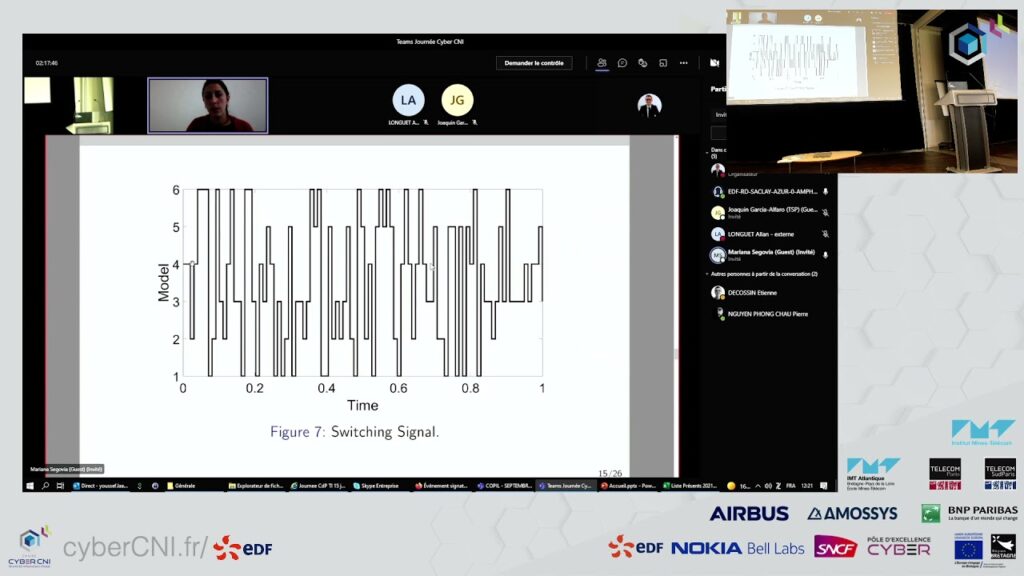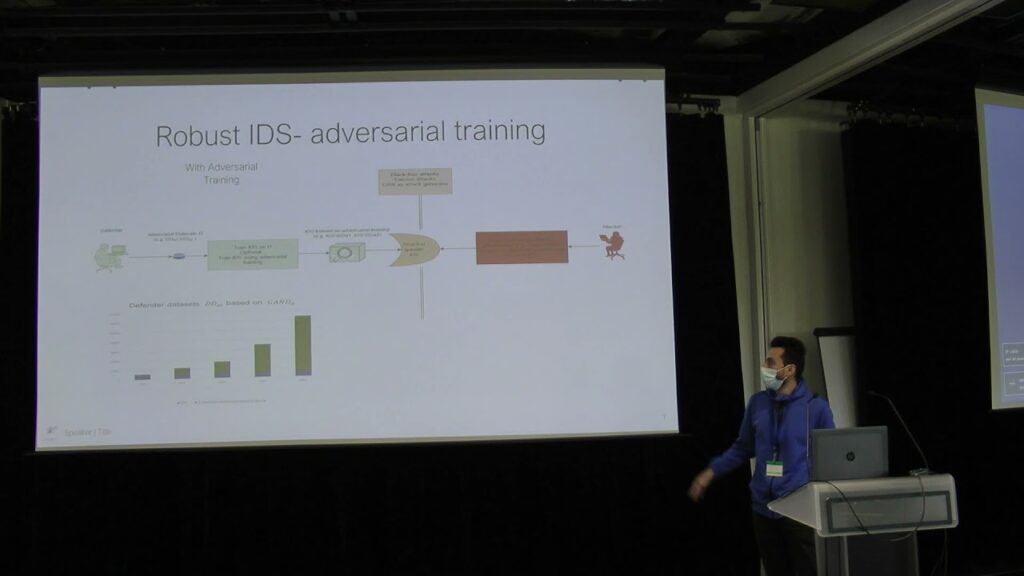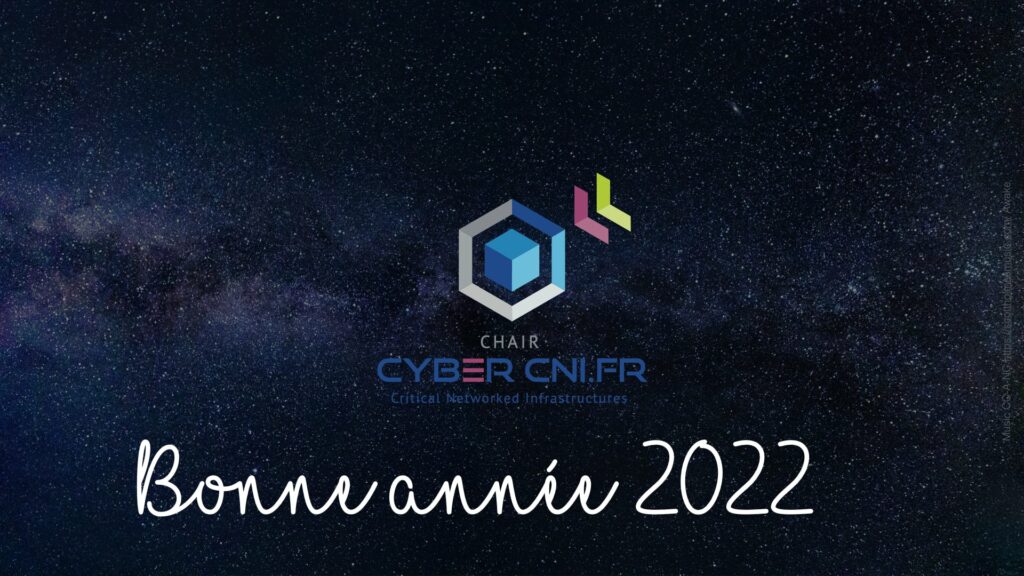On June 4, 2025, IRISA (Institut de Recherche en Informatique et Systèmes Aléatoires) celebrated its 50th anniversary on the Beaulieu campus in Rennes. The event
Luis Soeiro, doctorant à l’IMT Atlantique, a analysé plus de 94 millions de dépôts GitHub pour étudier les SBOMs (Software Bills of Materials) utilisés dans l’open source. Son objectif : mieux comprendre leur qualité, leur diversité et leur rôle clé dans la sécurité des chaînes logicielles. Cette recherche inédite offre à la communauté la plus grande base publique de SBOMs jamais constituée.
L’IMT Atlantique et la Chaire Cyber CNI, sont heureux de vous partager l’appel à projets de CyberSecDome, une initiative européenne pour soutenir le développement de
Beginning of May 2023, our chairholder Marc-Oliver Pahl visited the School of Cybersecurity and Privacy of Georgia Institute of Technology.
We cordially invite you to meet us at the Forum International de la Cybersécurité in Lille:
5.4.2023 16h30, Area of the Masterclasses and Research Presentations of the CNRS
Marc-Oliver Pahl, “The Metaverse – Risk or Chance: a Cybersecurity Perspective”
6.4.2023 14h00, Pavillon de la Région Bretagne F23, “Protection des infrastructures critiques : un sujet au cœur de l’actualité”
On Oct 17, 2022, our PhD student Hassan CHAITOU presented her latest results regarding “Optimization of security risk for learning on heterogeneous data“: https://youtu.be/BI4r3xikugI
Share and like: On Jan 25, 2021, 5pm CET I Carol Fung (Virginia Commonwealth University, US), will talk about “Security and Privacy Protection for IoT Networks“. Watch the trailer here.
You are cordially invited to join the free live stream on youtube and LinkedIn! To register and subscribe to the series announcements, just enter your mail address in the box on the left at https://talk.cybercni.fr/. Please share the link https://talk.cybercni.fr/2022-01 with your interested friends!
On Sep 21, 2021, we had the pleasure to visit our partner EDF in Paris Palaiseau. Today, Mariana present her work. In her talk, she will explain how to make control of cyber-physical systems resilent, using switched linear control system.
On Sep 21, 2021, we had the pleasure to visit our partner EDF in Paris Palaiseau! Here is another highlight presentation:
Hassan CHAITOU, Security risk optimization for learning on heterogeneous quality data
A classifier is a component used in the automation of “decision-making” or complex data abstraction: intruder detection, speed limitation extraction. For an efficient classifier, the training must be on a large volume of data and be renewed over time by integrating or revoking certain learning data. From a security point of view, this process represents a risk since it offers the attacker various ways of degrading classifier performance (either by forcing classifications mischievous, either by randomly degrading its performance). These two types of attacks require more or less effort from the attacker.
This risk is exacerbated when data comes from sources (network equipment, organizations) corresponding to heterogeneous trust levels. Hassan’s thesis aims at controlling the risk associated with this update via game theory in the case where the confidence in the learning data is not homogeneous.
Dear members and friends of the chair CyberCNI.fr, we wish you all the best for the year 2022! May many of your wishes become reality! Click on the video to watch our wishes….

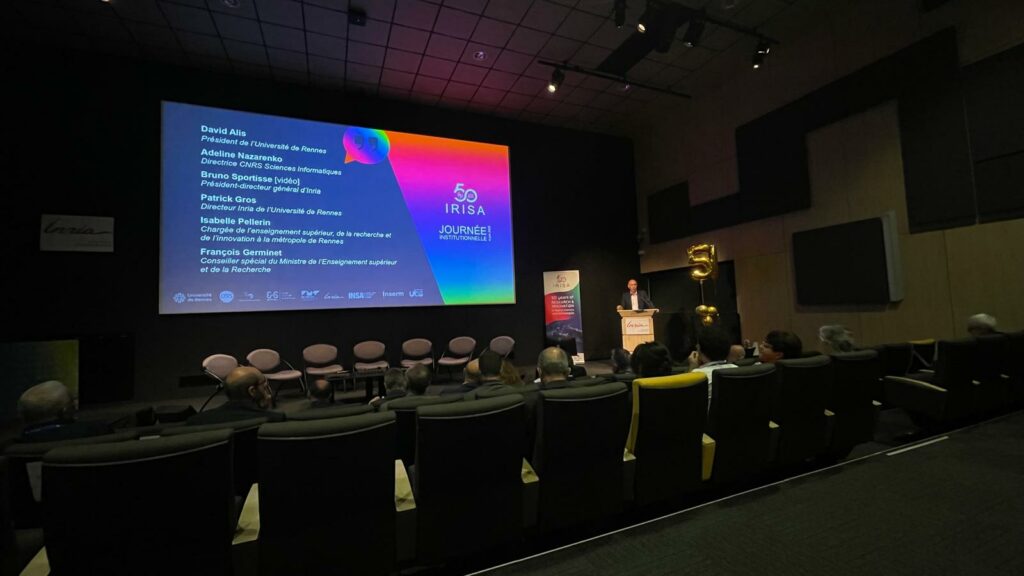
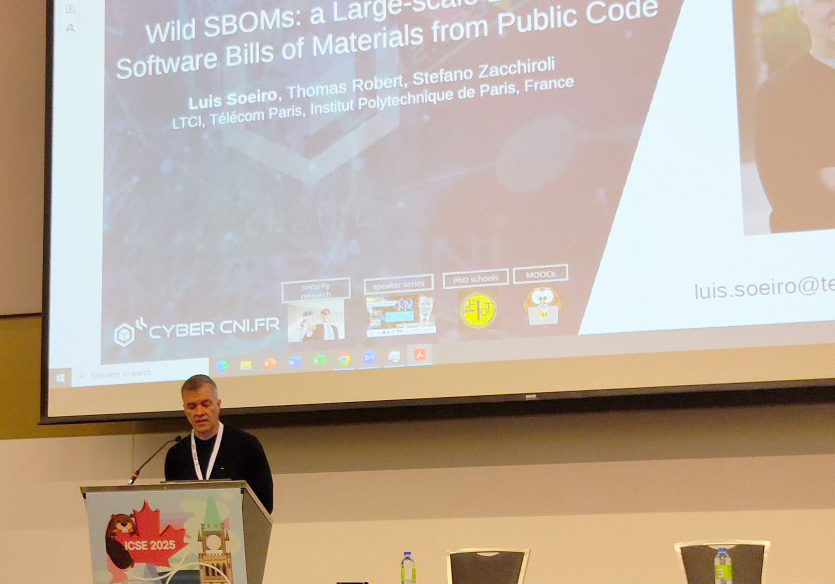

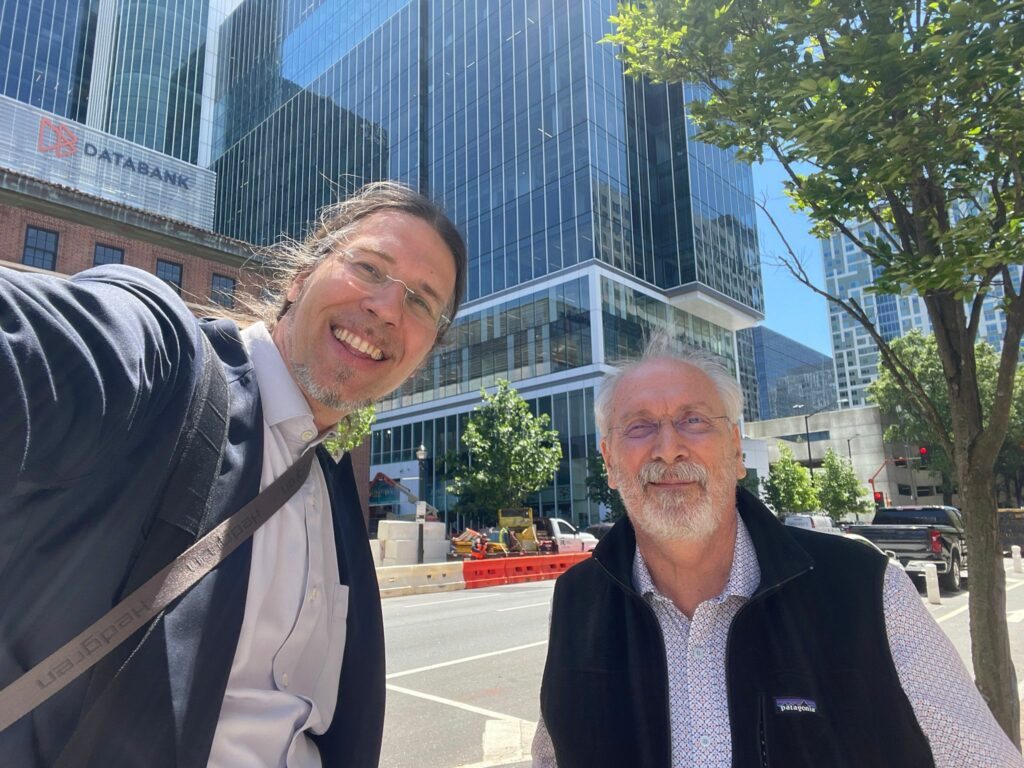
![[FIC2023] Forum International de la Cybersécurité – The chair is once again strongly present from April 5-7 in Lille](https://cybercni.fr/wp-content/uploads/2023/04/download-1024x512.png)
![[RU2/22] Hassan CHAITOU : Optimization of security risk for learning on heterogeneous data](https://cybercni.fr/wp-content/uploads/2022/10/RU222-Hassan-CHAITOU-PhD-Student-Telecom-Paris-1024x576.jpg)

